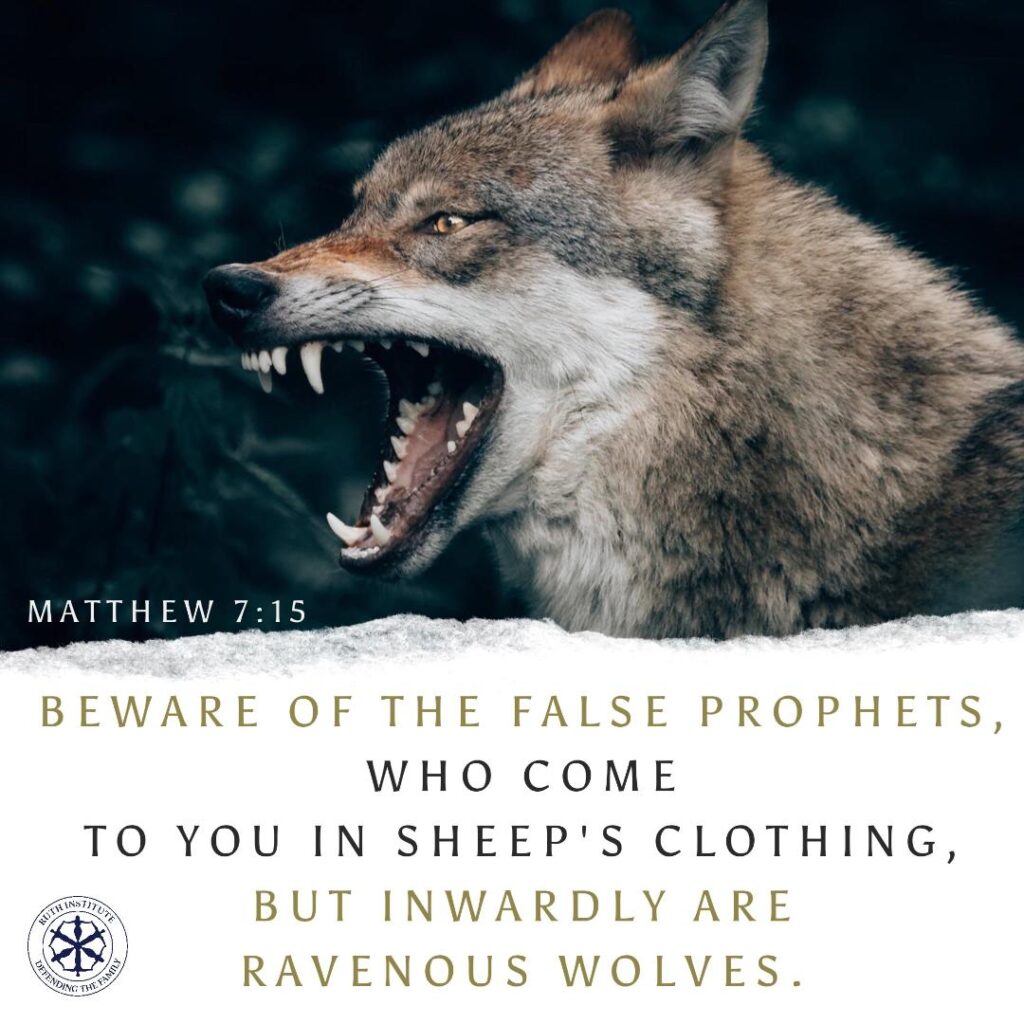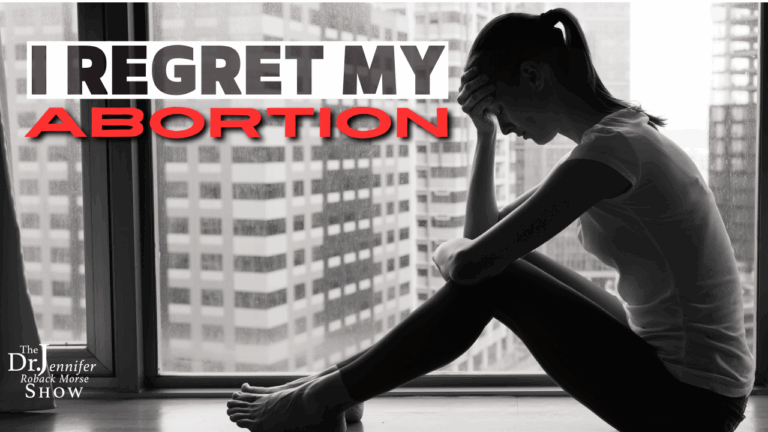In the gospel of Matthew, Jesus warns His followers,
“Beware of false prophets, who come to you in sheep’s clothing, but inwardly are ravenous wolves” (Matthew 7:15).
We have been warned of this many times and yet we are still easily deceived. These wolves in sheep’s clothing are master manipulators. They live among us in our families, in our communities, schools, and even in our churches.

The clerical abuse scandal has shown many of these “sheep” as the wolves they truly are. These selfish abusers are men who love power and use people to get what they want. They groom individuals and entire communities.
Make no mistake, these wolves can be anyone. They can be anywhere. It can be quite a shock to learn that someone who has had a positive influence on us (and the world) has some skeletons in their closest. Abuse scandals show us that even the most prominent and popular of people aren’t exempt from doing evil things. Admitting that someone you held in esteem isn’t as great as you originally thought is difficult. It’s humbling. The reality is that even seemingly holy people can pull the wool over our eyes.
The Reality of Clerical Abuse
I recently posted a picture on my personal Facebook page and was taken aback by the unexpected amount of attention it got. The picture was taken in 2008 before my visit with Pope Benedict XVI. It shows an open book on the altar at the Apostolic Nunciature. This book contains the names of over 1,000 clerical abuse victims from the Archdiocese of Boston. It was given to Benedict during his visit with a small group of victims (I was one of those victims). Each of us present that day was given a smaller copy of the book. Looking at all the names is quite sobering. There are small crosses next to some of the names. These are victims who died, many by suicide and drug overdoses.


Some viewers of this photo were understandably stunned and saddened. Others started talking about the issue of falsely accused priests. A few people commented that we can’t assume all those victims are actual victims. “That’s assuming these are all credible,” one man responded. He went on to state that the majority of accusations made against priests have been false.
How easily we are deceived!
Just because we want to believe that most accusations are false, doesn’t mean that this is true. As a matter of fact, the opposite is true. The overwhelming majority of accusations (including cases of clerical abuse) are true. Also, many victims never even come forward, so we don’t have exact numbers. Let that sink in for a moment. Those 1,000 names in the aforementioned book are from the Archdiocese of Boston only. Also, these are only the names of the victims who came forward.
False accusations do happen, but they are rare.
Australian Cardinal Pell is one such high-profile example of a false accusation. Innocent priests have certainly suffered for crimes they did not commit. False accusers should absolutely be held accountable for causing scandal. I daresay that anyone falsely accusing someone of something so heinous needs help.
The reality of some false accusations should never take away from the very real problem of sexual abuse. From within the church, we have heard of the most despicable of abuses made against children, adults, men, women, children, teenagers, seminarians, priests, etc. As previously mentioned, the majority of these accusations have been credible.
Trouble ensues when we jump to defend priests simply because they are popular, appear to be holy, or because they have said done nice things. I can’t tell you how many times I have heard, “He would never do such a thing,” when (in fact) he did do such a thing. Just because we “think” we can trust someone doesn’t mean we can. The clerical abuse scandal should have taught us that by now. Yet, many people are still easily deceived by the wolves in sheep’s clothing. We should defend priests whenever possible. We also shouldn’t overlook the fact that there is obvious corruption within the “people part” of the Catholic Church. Too many Catholics are more concerned about “saving face” rather than protecting and defending innocent victims.
A lifetime of great deeds and accomplishments does not erase someone’s bad decisions.
A priest or any person in a position of authority might be well-known, have a large following, and be well-liked. Perhaps they have performed many great deeds. Groomers are wolves in sheep’s clothing. They are usually the last people we would expect to behave inappropriately. Be careful about jumping to support an individual especially in cases where the accusations have been substantiated. We need to put our own personal sentiments aside when reasonable suspicion arises regarding a respected priest or bishop.
On a side note, a priest’s bad behaviors don’t erase the good that they have done. It is very possible for someone to do a lot of good but also make some really bad decisions. Regardless of the situation, we can’t defend a predator simply because we like him. Whether a priest’s actions are criminal in nature, they deserve to be punished. If his actions are technically legal but sleezy and inappropriate, they also deserve to be punished. A priest should not be let off the hook simply because he has done some wonderful things. Cleaning the church and helping victims should take priority over our personal feelings.
In a recent essay, Dr. Jennifer Roback Morse of the Ruth Institute said,
“Let’s be clear. “Our feelings don’t matter here. The most important thing is whether the allegations are true. Without truth, there can be no justice. False allegations are obviously unjust. Rushing to judgment of either guilt or innocence is unjust. Facing down our own discomfort, putting our own feelings aside, is the first step that you and I must take. Willfully blind laity are not helping anyone—not the victims, not the accused priest, and certainly not Holy Mother Church herself…Justice demands that we listen to the cries of the victims.”
It’s about time we all started taking this advice seriously!
Stop victim shaming.
The Catholic Church has experienced persecution for ages. This does not mean that we should turn our backs on the very real victims that exist. Many victims are demanding accountability and justice, and these are totally reasonable demands. Many Catholics insist that they support priest sex abuse survivors. Yet, whenever a victim bravely comes forward, he or she is accused of attacking the Church. To some Catholics, the very existence and voices of victims are an attack on the Church.
The victim blaming and shaming needs to stop. Unfortunately, we need to accept the fact that there are wolves in sheep’s clothing among us. A few bad priests don’t mean that all priests are bad. A few false allegations also do not make all allegations false. When a well-respected individual is being unexpectedly accused of something, it can be heartbreaking to face. We need to humble ourselves enough to accept that perhaps we have at times been fooled by a wolf in sheep’s clothing. There have certainly been smear campaigns and false accusations made against well-known priests. However, don’t let those detract from the very real wolves out there.



